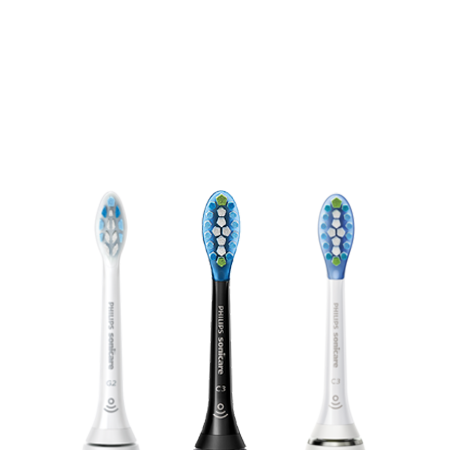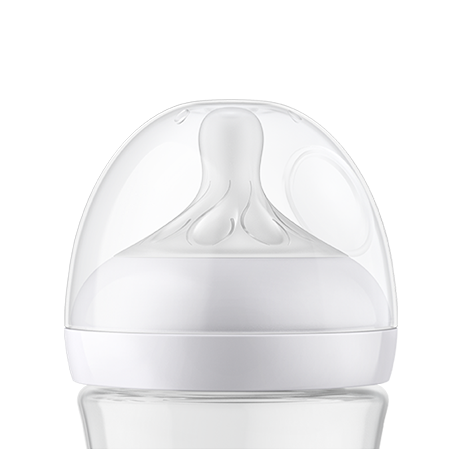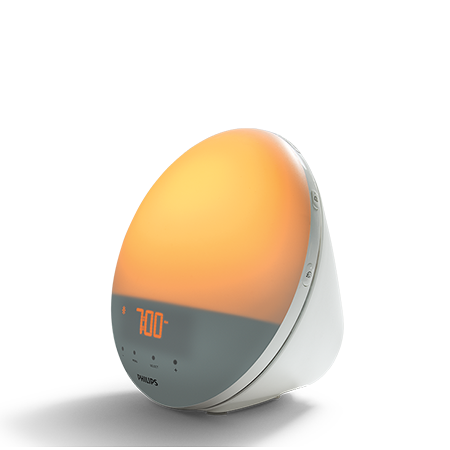Need to return something?
Return your product for free within 30 days from purchase
Professional healthcare
Explore our solutions
Our latest innovations
We consider people's entire health journey
We innovate across the health continuum, playing a pivotal role in the digital revolution that is transforming healthcare and how people manage their own health.
Current offers
Save 20% vs MSRP on OneBlade subscription products

Latest news
Sign up & Save 15% off your next order!














